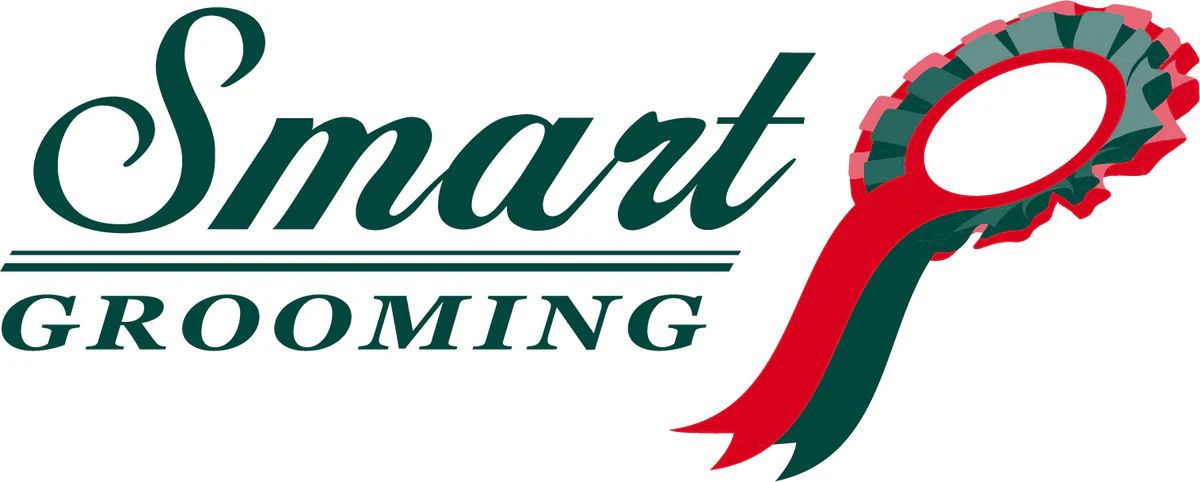- Join Us
- Login
- EEA ToolKit
- Employment Essentials
- Frequently asked
- Contracts and wages
- Time off work & absence
- Staff management & training
- Workplace disputes
- Dismissals and resignations
- Pregnancy and children
- Avoiding discrimination
- Redundancy and Retirement
- Other responsibilities
- Legal Helpline
- Recruitment
- Good Recruitment
- New starters
- Find a groom
- Good Employment
- Resources
- Downloads Library
- EEA Pension & Payroll
- Safe workplace
- Employers Minds
- Transporting horses
- Riding Establishment Licences
- Member discounts
- Business Hub
- Equestrian businesses
- The business plan
- Business compliance
- My clients
- Livery Contract Creator
- Financial matters
- Business challenges
- Marketing
- The EEA
- Employers Life
- Contact

Employer's Life
Clarke Willmott LLP explains more. Whether you run a private yard, livery yard, competition yard or riding school, your horses will be your number one priority and you place your trust in your staff to look after them to the best of their ability. Staff working in the equine industry work long hours, for (generally) lower levels of pay and with animals that can be dangerous at times. This can result in a number of staffing issues including sickness absence, fluctuating work levels of work, bullying and high staff turnover. Employment law is constantly evolving to adapt to modern working practices and society. It covers a wide range of topics, from National Minimum Wage to sickness absence and misconduct to bullying and harassment. It applies to all employers regardless of their size or industry. It is complex and the cost of getting it wrong can be severe – for example, an uncapped compensation award from an Employment Tribunal. Dealing with staffing matters can also be stressful, particularly when it is a close knit team, and time consuming. Barry is an employee with three years service. He is employed to transport horses to competitions etc. and he has turned up to work under the influence of alcohol. When spoken to about this, Barry accepts that he is under the influence of alcohol and apologies, promising it will never happen again. He has a clean disciplinary record but his employer wishes to dismiss him and believes that it is simply a case of doing so without notice. This is not the case. Regardless of the size of a business, once an employee has two or more years’ continuous service (and sometimes before), they are protected from unfair dismissal. This means that, no matter how serious the incident of misconduct is, an employer needs to go through a procedure (an investigation followed by a disciplinary hearing) prior to either issuing a formal disciplinary sanction or dismissing an employee. Sarah owns a yard which operates with 5 grooms. One of the grooms, Jane, has been with her for five years and has, uncharacteristically, had a number of days of sickness absence recently. Jane has just taken Sarah to one side to say that she is being bullied by the other grooms. She is concerned that this is due to her sexuality. Sarah suggests that simply ignores them and gets on with her job. This is the incorrect advice. There are a number of issues here and advice should be sought as to how to handle the matter going forward. Firstly, Sarah is now on notice of there being a potential serious issue and has opted not to address it. This could amount to a breach of the implied term of trust and confidence (which exists in all employment relationships), entitling Jane to resign and claim constructive unfair dismissal. Jane could claim compensation from the Employment Tribunal as a result. Sarah is also vicariously responsible for the actions of her staff. Jim is a successful eventer and runs a competition and livery yard. A number of his staff are working pupils who board their horses for free in return for lessons and transport to competitions. However, they are also required to work on the yard for a portion of the day. Jim is aware that the HMRC are looking more closely at yards like his and is concerned about whether he might be investigated also. Jim should immediately seek advice as his working pupils will be classed as “workers”, if not “employees”, and therefore be entitled to the national minimum wage (NMW) and paid holiday. There is a penalty of up to £20,000 per unpaid worker as well as the risk of claims for backdated pay and damage to reputation (as the HMRC “name and shame” employers who fail to pay NMW). Jim needs to restructure the way in which he operates to ensure he does not fall foul of not paying national minimum wage and other worker/employee rights. The employment team at Clarke Willmott LLP are able to assist with all of the below matters as well as any other employment or immigration matter. Furthermore, members of the Equine Employers Association are entitled to an initial, free telephone consultation to discuss employment matters. For more expert advice become a member of the EEA today and help to protect your business. When should I seek the assistance of a solicitor?
24th July 2018
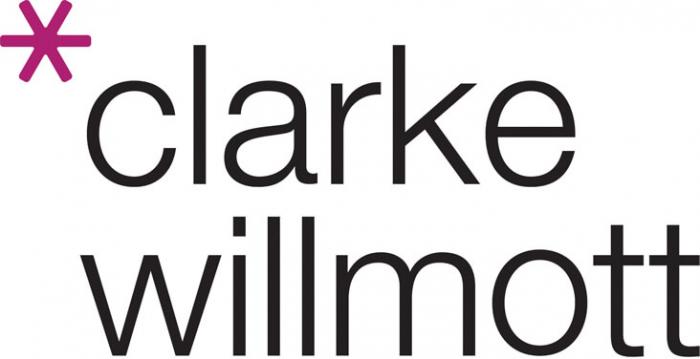
Therefore, the earlier you seek advice the more quickly and cost effectively you are likely to resolve the matter. Below are examples of when you should seek advice.Disciplinary procedures
The employee should then be offered the right to appeal. A failure to do so will result in a finding of unfair dismissal at the Employment Tribunal and a compensation sum being awarded to the employee. Due to the risks involved, it is important to seek advice prior to applying formal sanctions or dismissing an employee. The cost of doing so will be significantly less than the time and cost of defending a claim (particularly as it is again free for an employee to issue a claim).Bullying
If they are bullying her and this is related to Jane’s sexuality, it may also be a form of discrimination, the compensation for which is unlimited. Sarah should ask for further details and discuss if the matter should be dealt with informally or formally in the first instance. She may then need to conduct an investigation, make a finding as to whether there has been any bullying and then deal with who was responsible accordingly.
National Minimum Wage
Download the EEA's free Guide to NMW.
BLOG ARCHIVE
- 2026 (3 ENTRIES)
- 2025 (18 ENTRIES)
- 2024 (10 ENTRIES)
- 2023 (10 ENTRIES)
- 2022 (6 ENTRIES)
- 2021 (4 ENTRIES)
- 2020 (7 ENTRIES)
- 2019 (14 ENTRIES)
- 2018 (9 ENTRIES)














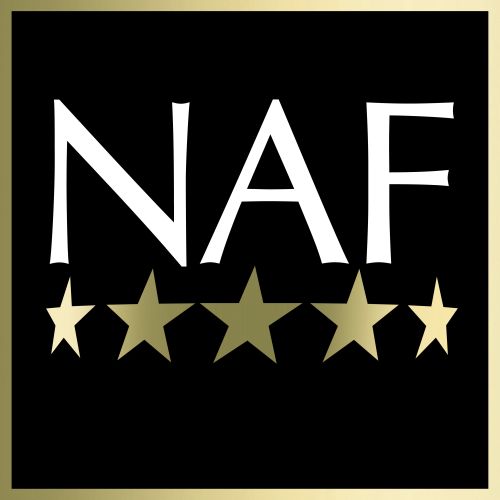


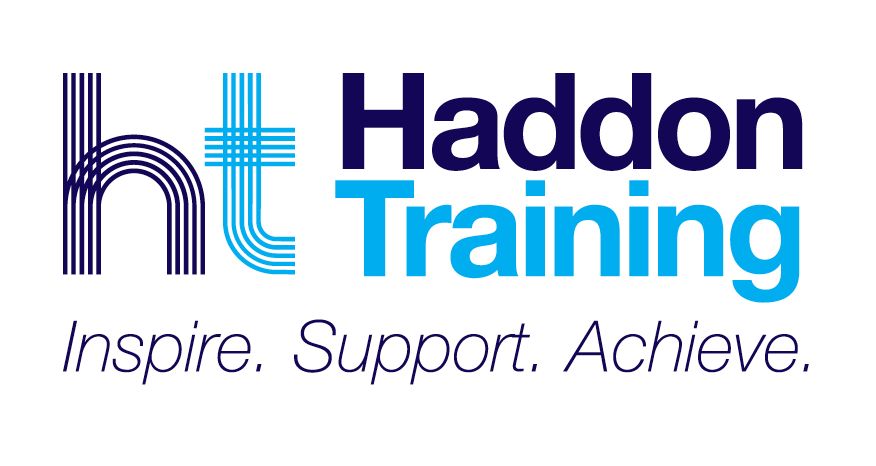
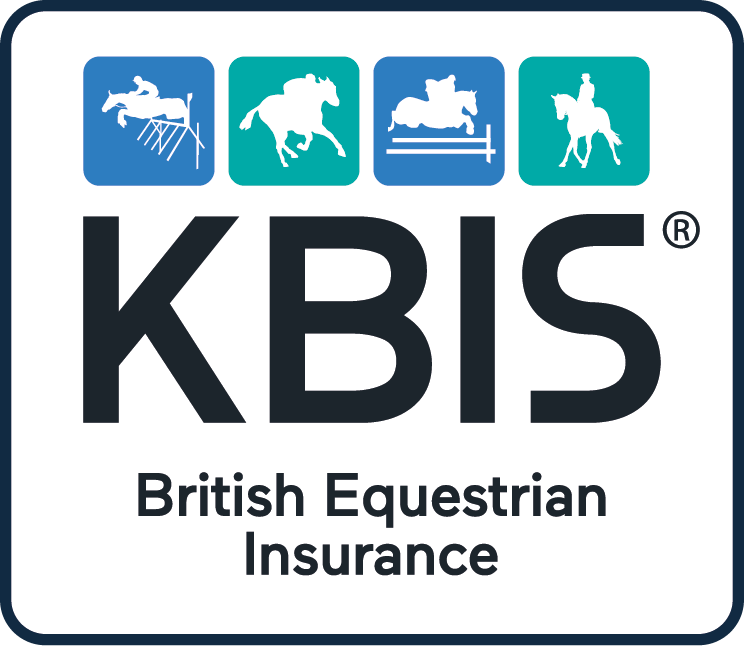
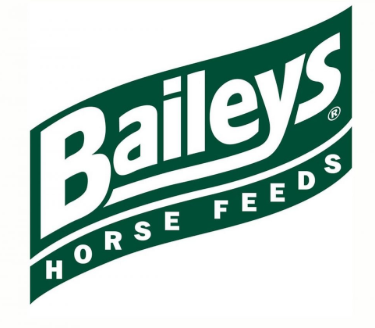


-Small.jpg)

